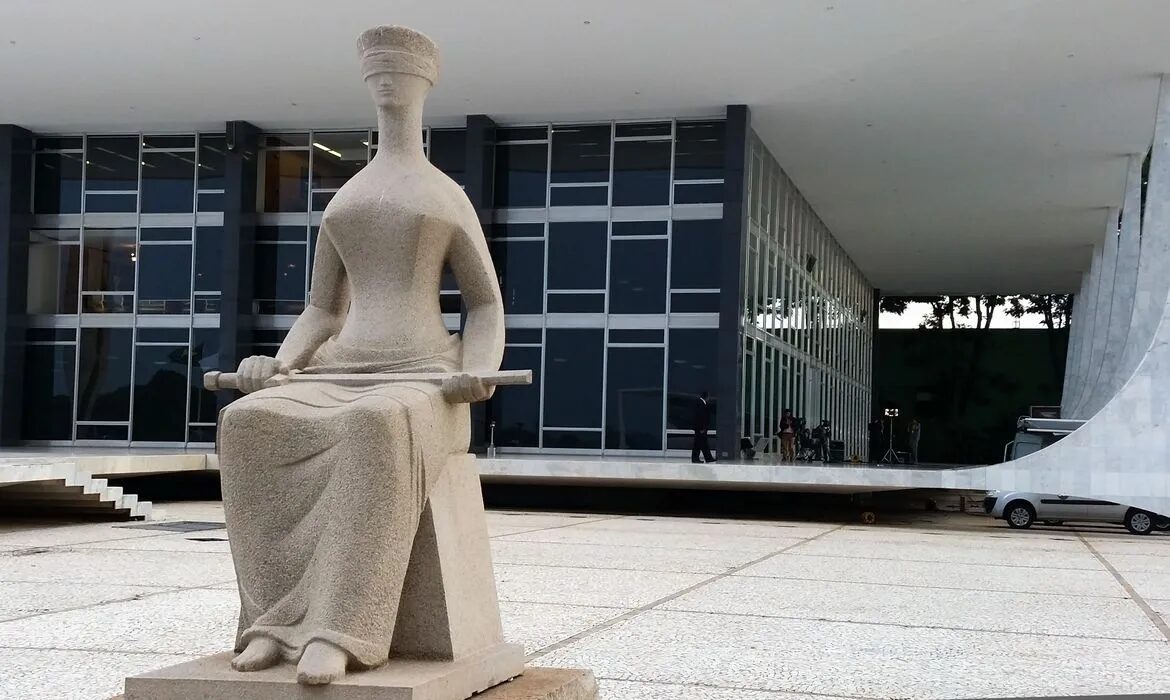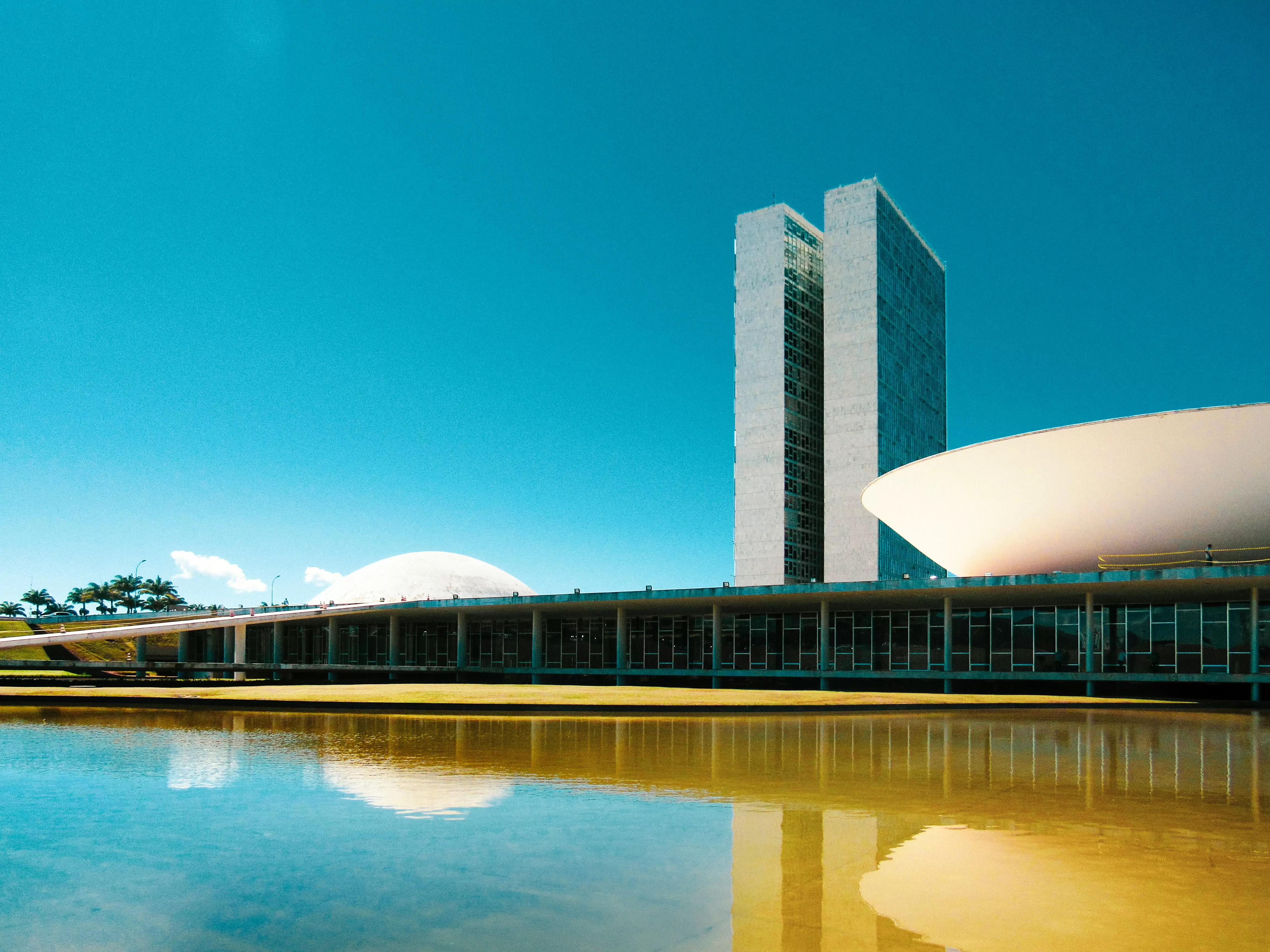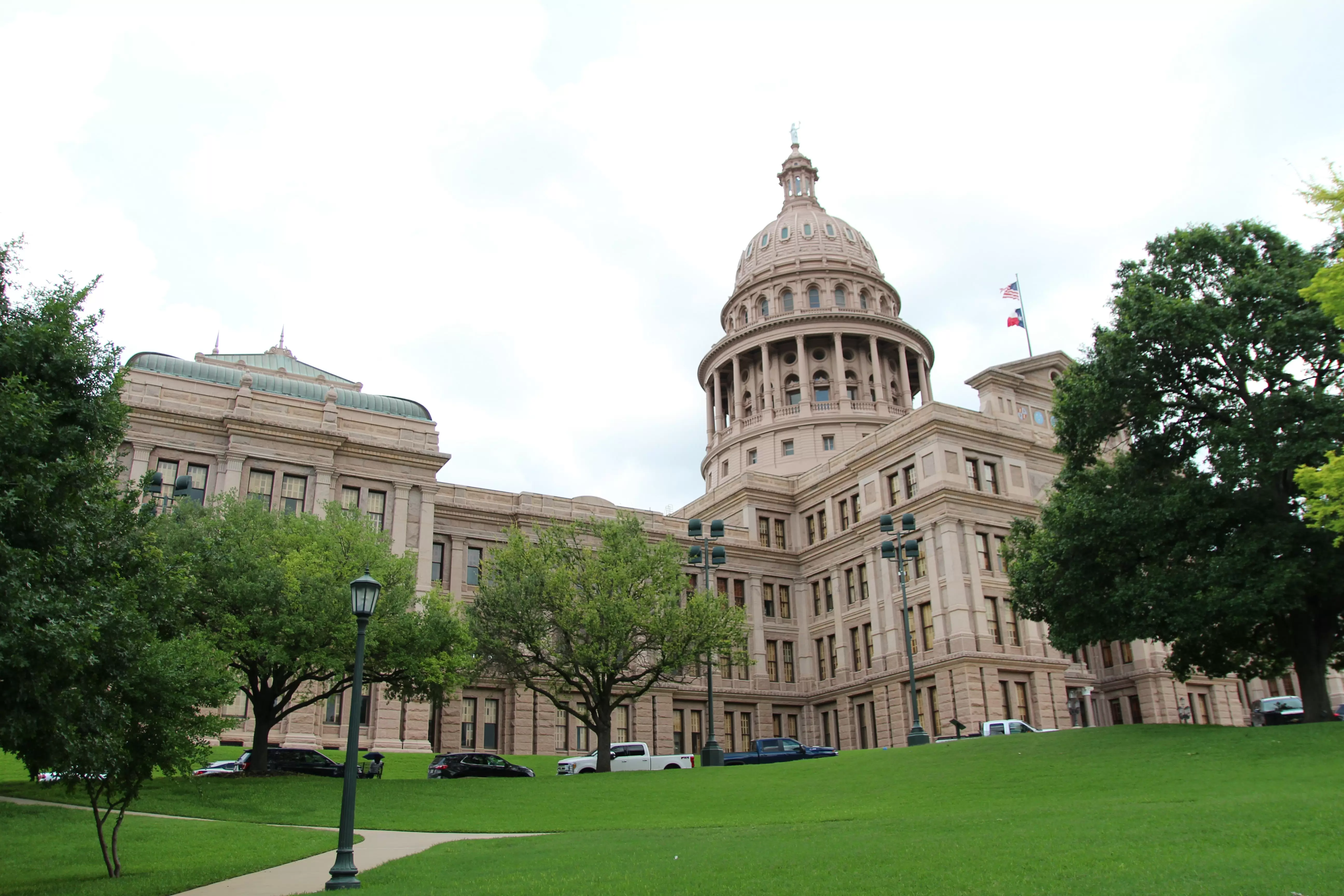The effect backlash or “rebound” effect is a negative reaction or counter-reaction to a social or political change, and can be seen in several sectors, including the Brazilian Judiciary.
Within the judiciary, we can say that it is a “rebound” effect, a reaction from sectors of society to a judicial decision on a controversial topic.
This counter reaction (backlash) has more to do with the ideological stance of the decision than with the legal matter itself. When the Judiciary rules, through judicial activism, adopting more progressive positions, conservative sectors of society react, and vice versa.
This effect has been increasingly evident in the way some judges and courts have dealt with controversial issues, such as LGBT rights and the vaquejadas case.

Examples of the Backlash Effect in the Brazilian Judiciary:
- LGBT Rights: In 2016, the Supreme Federal Court (STF) ruled that discrimination based on sexual orientation is unconstitutional. In response to the ruling, several judges and appellate courts refused to apply the ruling, claiming it was not binding.
- However, even with the conservative reactions (backlash), the achievement in the realization of fundamental rights, with the unconstitutionality of discrimination based on sexual orientation, remains to this day.
- Vaquejada Case: The state of Ceará enacted a state law to regulate vaquejada events. The Attorney General filed a Direct Action of Unconstitutionality (ADI) against the legislation, alleging that the professionalization of vaquejada would lead to increased torture of the animals involved in the event.
- In short, the Supreme Federal Court, after evaluating a broad body of evidence proving the torture and killing of animals, concluded that vaquejada, despite being a legitimate cultural expression, was a cruel practice to animals. Thus, the Ceará legislation was declared unconstitutional.
- As a reaction (effect backlash), one month after the STF decision, the National Congress approved Law No. 13,364 of 2016 recognizing rodeo, vaquejada and lasso, as well as the respective artistic and sporting expressions, as national cultural manifestations.
- Because the law wasn't very favorable to vaquejada advocates, and there was a risk that the Supreme Federal Court (STF) would uphold the ban, having already formed an understanding of the issue, pro-vaquejada sectors of society managed to pass an amendment to the Federal Constitution (EC 96 of 2017) in the National Congress. The amendment inserts a caveat into the Constitution, stating that vaquejada does not constitute torture or animal cruelty.
- In this case, the effect backlash was more intense than the progress brought about by judicial activism. But nothing prevents the Supreme Federal Court from ruling that Constitutional Amendment 96 is unconstitutional.




